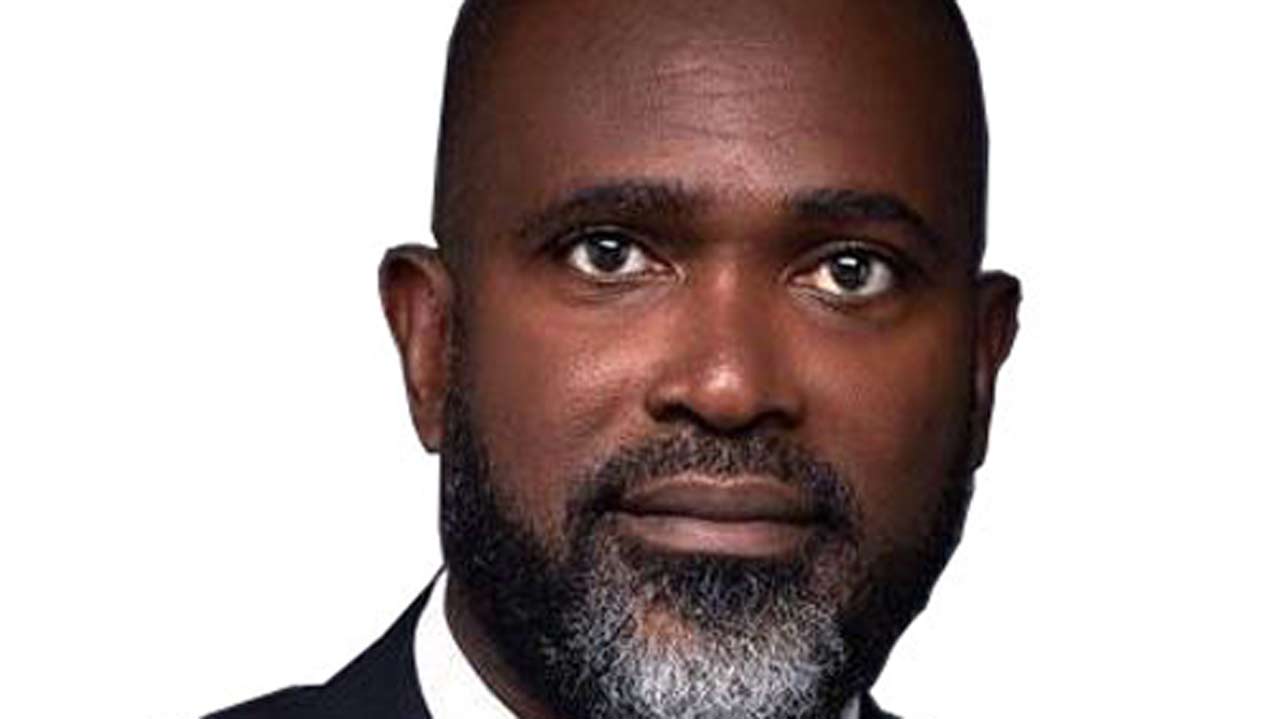Anthony Aihie is the Managing Director/Chief Executive Officer, Design Union Limited, a multi-disciplinary firm engaged in architecture and property development. He spoke with CHINEDUM UWAEGBULAM on key issues relating to the housing sector.
There has been a clamour for the private sector to be on the driver’s seat for housing development. Do you think private developers can impact on the housing needs of the people? What should be the role of government in housing delivery?
My cardinal belief is in the enterprise and private sector. I have been in business in Nigeria for 20 years, and have discovered that government does not always show the expected concern in any complex challenge.
Government actually should be a regulator and enabler. It has been proven all over the world that governments cannot solve social problems and that is the truth. Government should provide the conducive environment for enterprise and market forces to solve any arising problems.
In countries, where there are successful housing schemes, government did not build the houses for the people. Housing is always market driven; we have to create houses that people can afford at different levels, which is determined by supply and demand.
For instance, look at the Pension Scheme; how did we reform it? We simply took a group of private sector individuals to set up a policy that would create pension wealth in Nigeria. We had a government that was willing to take the plan and implement the reforms. And today, we have the greatest pot of wealth ever created in the country.
Similar thing should be applied to the housing sector. Government should allow a small group of experts to draft a new policy framework for the sector, and after the draft, implement it. This will make houses affordable to the people. The sector needs a reform to get us out of its current crisis.
You are calling for a reform, but the national housing policy has been there for decades; what is actually wrong with the document? How can its provisions be implemented and enforced?
The first issue with all these policies is that they are theoretical. The goal was to house 20 million Nigerians by 2020. That is nice. While this present government was campaigning, it promised to give us four million houses; that is one million new houses yearly. It is easy to say, but that part of the policy depends on government. When any key part of a policy depends on government, it usually does not work.
The problem with the current housing policy is that it was not crafted by commercially minded market focused minds, who will look at the property market and market forces, to define policies and laws to solve arising problems.
For example, why is a house not selling for N5million? It is because the subscribers targeted are not credit worthy. For instance, a driver in a company would pay the N5 million for over 30 years and there is no guarantee that he will not be sacked.
If there could be a mechanism for subscribers to pay N25, 000 every month for the next 20 years and with good interest, property developers will willingly sell their houses to them.
The key issue with financing housing is funding; you need to bankroll it over time. People also need time to pay for a house within a specified tenure. Most people find it extremely difficult to pay for a house within two years after it is constructed. People cannot afford this; they need 20-35 years to pay for their houses.
The second problem is to get long-term mortgage fund at cheaper interest rate. The cost of the funding must be under 10 per cent, which is what the National Housing Fund (NHF) is trying to do by giving mortgage at six per cent to the Primary Mortgage Banks (PMBs) and the PMBs give it out to beneficiaries at nine per cent. People can pay nine per cent, but there is a limit to the N15 million NHF loan.
Presently, we have trillions of naira trapped in Pension Fund, which could fund housing. Before pension reform, we do not have long-term funds in the country. And there is every likelihood that the funds might not be utilised in the next 30 years. We can march these funds with mortgages in a sustainable way. However, doing this, we have to define the laws that will connect the pension fund with mortgages. That is the real key to solving the housing problem in Nigeria.
How will global financial meltdown due to the COVID-19 and recent recession in Nigeria affect the real estate sector and private developers?
There are many effects of COVID on the world and Nigeria. There will be less demand for office space all over the world. People have successfully been working from home for almost a year now. It is now popular and acceptable that we can achieve more in a virtual space.
Specifically, office and social space will be negatively impacted post COVID, including community halls and event centres. We have seen now that people can successful host COVID zoom birthday, funerals, church services and wedding ceremonies. It has come to stay. All those facilities will be impacted.
In terms of where people live, there will be impact on homes because people will need offices in their houses. When the children and parents are at home, they will need a place where the children can study and parents can work quietly without distractions. It will also have impact on home designs as well.
In terms of designing residential facilities, having more outdoors space around the homes will be important. Because when people work at home, they need air, places to relax and also for sports.
The economic slowdown has also put stress on construction prices as we depend on imports for our finishing materials. Also, we use a lot of reinforced concrete structure. Reinforcement has been going up, we need to have homemade reinforcement that is improved to the point that we do not need imported ones.
Then, in terms of finishing, there are critical things we do not have in Nigeria, such as glass. We need to start manufacturing glass. We have good wood doors, local tiles and sanitary wares. We also need to improve on aluminum and establish local plants so that the whole building process can be localised.
Currently, developers can construct houses with 80 per cent materials, with relatively good results.
With the recession now ravaging the economy, our industries need to look inward for the country to survive devaluation in the construction sector.
With apathy shown by financial institutions on capital projects, what are the options available to private developers to fund real estate projects? Is it possible to expect affordable housing in this dispensation?
Practically, if one is into real estate at the moment, the person is in big trouble. Currently, the best way to fund real estate is equity — your own cash and that of the buyer often referred to as off takers. If one is building a hotel, it takes 15 to 20 years to recoup investment; but if the developer is building to rent, no one will give him money to build and rent it out for 15 years.
In reality, the only money that is available in Nigeria as of today for the real estate development is equity, as commercial loans are not viable.
Affordable housing is also not possible now because you cannot use equity to fund affordable housing, as the people that will buy it do not have N5 million to buy a house. As a developer, why must I be collecting N20, 000 monthly from the people who cannot afford the houses worth N5 million? That is why every developer builds for the medium and high-income earners. Even at that, how many people have N30 or N40 million to pay for a house at once? This is why developers are introducing installment payments.
The price of building materials is escalating due to the high exchange rate. What can be done to encourage use of local building materials?
The government is already doing it by making imported materials difficult to access and purchase by developers through the high exchange rate of N500 per one dollar. It is now unreasonable to import and many developers are buying locally. I pray that the local suppliers will be able to meet the demand.
There are worries on the spate of quacks in the construction sector, especially among artisans, making developers to opt for foreigners. What have been the issues? How does government checkmate the invasion of foreign artisans?
The real problem is that we no longer have technical schools to train the youths on plumbing, masons, electrical, painting, tilling and other critical skills needed in the sector. We no longer have formal trainings and certification for artisans. When you do not have all these, we are left with people of informal training. The difference between our local artisans and those from Togo or Ghana is that they still have City and Guild in their countries.
If you get a tiller from those countries, they have certificates and are formally trained. We need to go back to technical education.
Why did Design Union, a renowned architectural firm vie into housing construction?
We entered into housing construction and property development as well as engage in all the trades in the construction industry, such as design, engineering, property development, construction and investments. We ventured into these areas to ensure quality control in our projects. We want to control our projects from end to end, so that we can be in control of the outcome.
Source: Guardian.ng


















